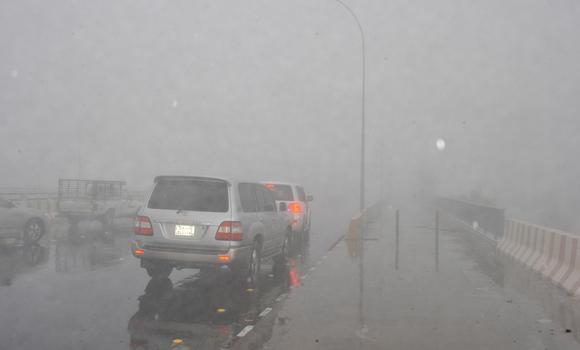Dubai, Jul 22: Saudi Arabia's Minister of Haj and Umrah, Dr Muhammad Saleh Benten, has inspected the facilities and arrangement made for the Haj pilgrims in Makkah and the holy sites.
Speaking to the Saudi Press Agency after the tour, the minister said that the Saudi government has worked out unprecedented plans for the running of this year's Haj, enabling pilgrims to perform their rituals in ease and comfort.
This year's Haj, which has been scaled back dramatically to include only around 1,000 Muslim pilgrims as Saudi Arabia battles a coronavirus surge, will begin on July 29, authorities said Monday.
"The comprehensive, foolproof plans will be implemented by the security, health and service agencies. The plans include the provision of the best health services, and the most appropriate crowd control, strictly in line with the precautionary measures and preventive protocols, formulated by the Ministry of Health to ensure full safety of pilgrims from the coronavirus pandemic," Dr Benten said.
According to the Saudi Gazette, Benten emphasised the eagerness of the government of the Custodian of the Two Holy Mosques, King Salman bin Abdulaziz of Saudi Arabia and Saudi Crown Prince Mohammed bin Salman bin Abdulaziz Al Saud to implement the Haj operation by following the highest health standards and precautionary measures in order to ensure the safety of the pilgrims.
Earlier, the minister inspected the arrangements and facilities for the reception and accommodation of pilgrims at Four Point Hotel in Makkah.
He was briefed by ministry officials with regard to receiving and accommodating pilgrims during the period from 4 to 8 of Dhul Hijjah before leaving for Mina.
Benten also visited the tents in Arafat and the facilities in Muzdalifah.
After that, his inspection tour visited the tent city of Mina, where he viewed one of the towers designated for the housing of pilgrims.
According to the Saudi Gazette, he was impressed with the services and facilities being arranged for the accommodation and serving of food for the pilgrims.
To complete his visit, the minister watched a visual presentation of the mechanism for providing logistical services for the pilgrims during their travel from accommodation to Jamarat to undertake the stoning ritual.
Meanwhile, Maj. Gen. Mohammed Bin Wasl Al Ahmadi, assistant commander of the Haj security forces for the Grand Mosque and its premises, said on Tuesday that the security plan for this year's pilgrimage prioritises on organisational, security, humanitarian and health aspects.
He said the Haj security forces have installed entry and exit mechanisms from the Grand Mosque during Haj, with passages for pilgrims extending from the southern and western premises of venue as well as special passages around the circumambulation and Saey areas.






Comments
Add new comment